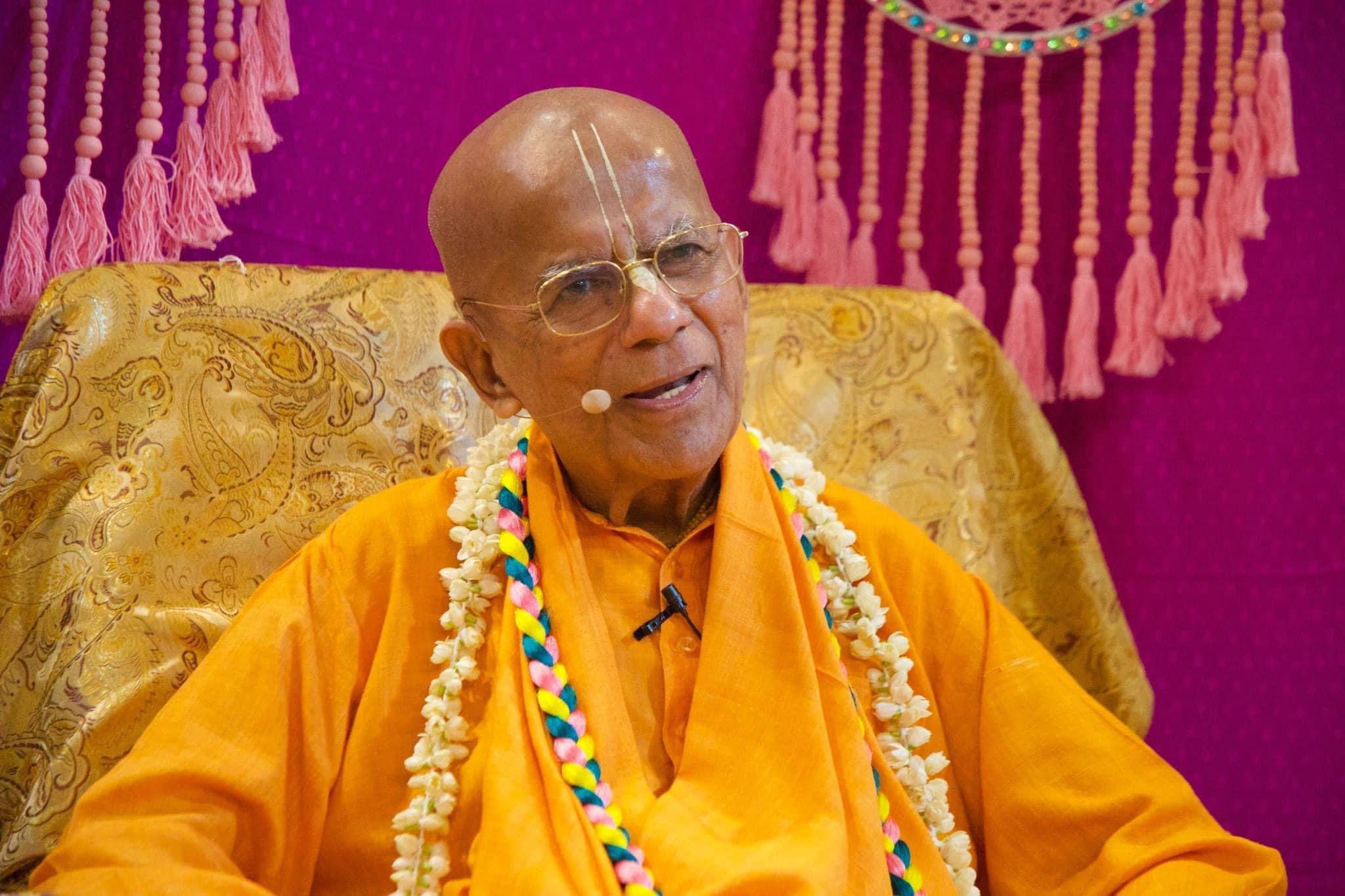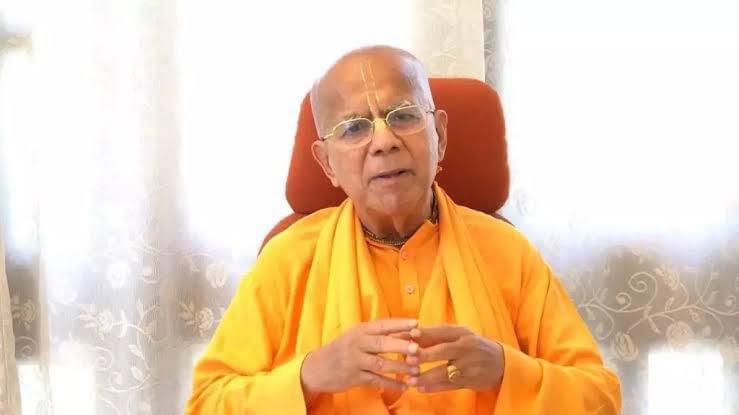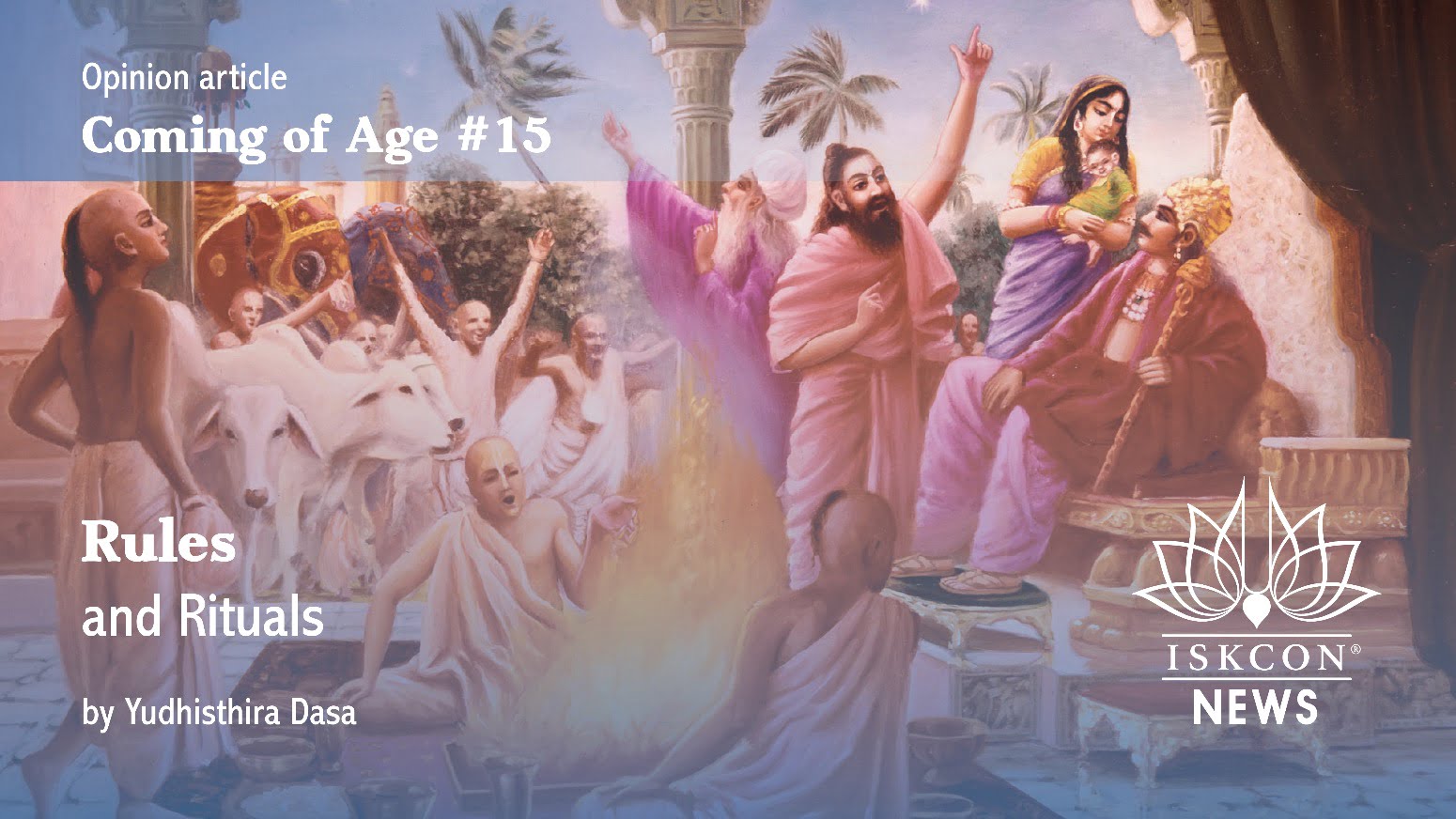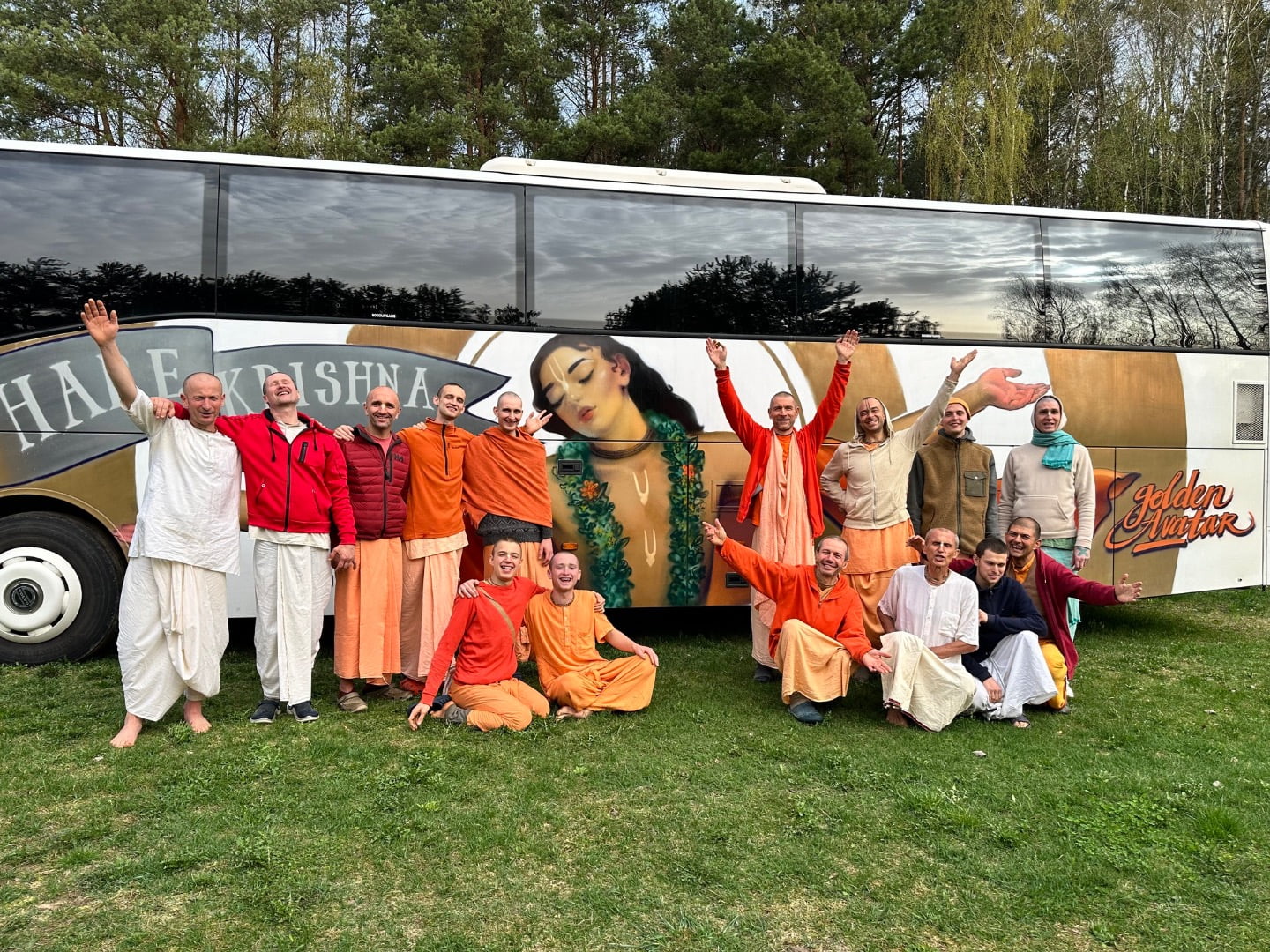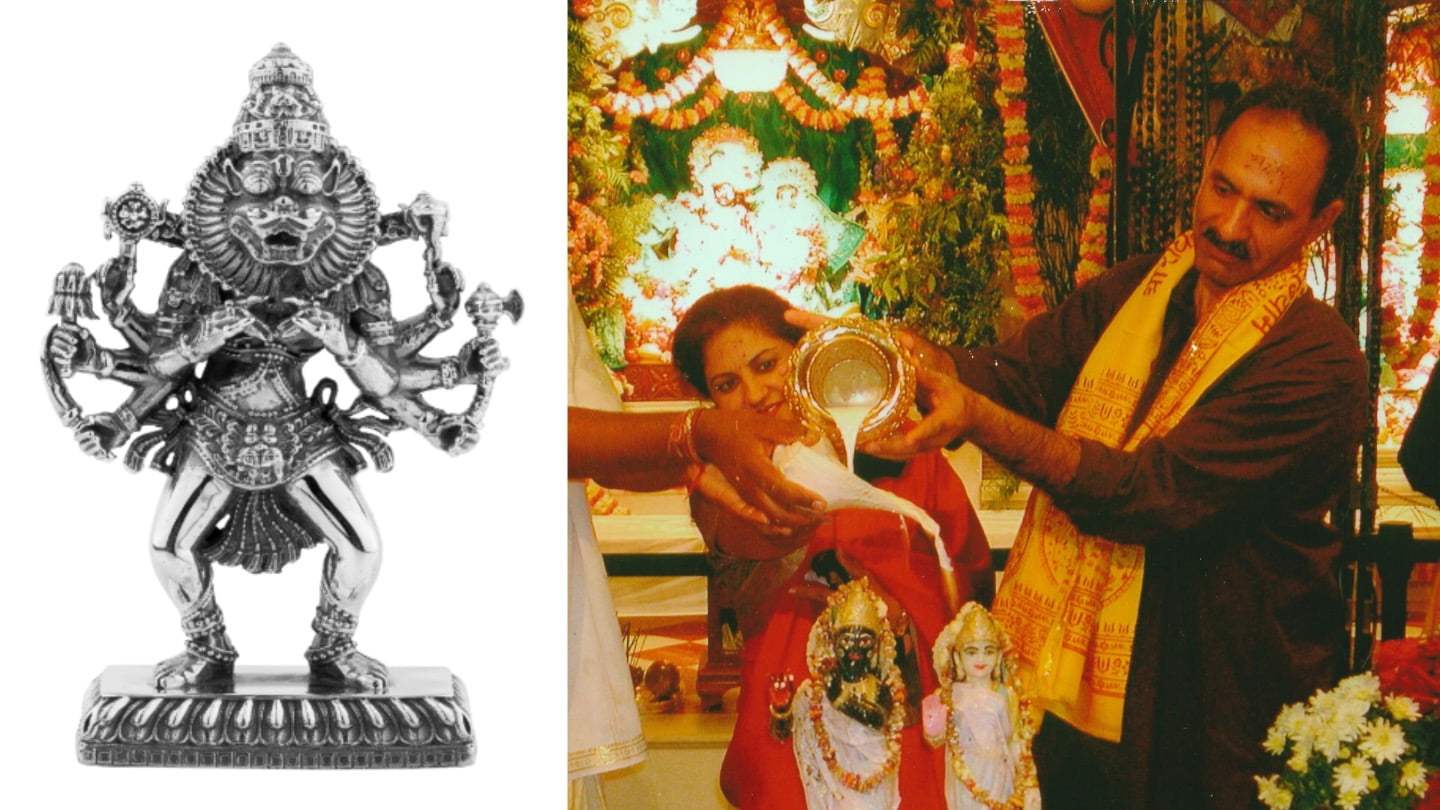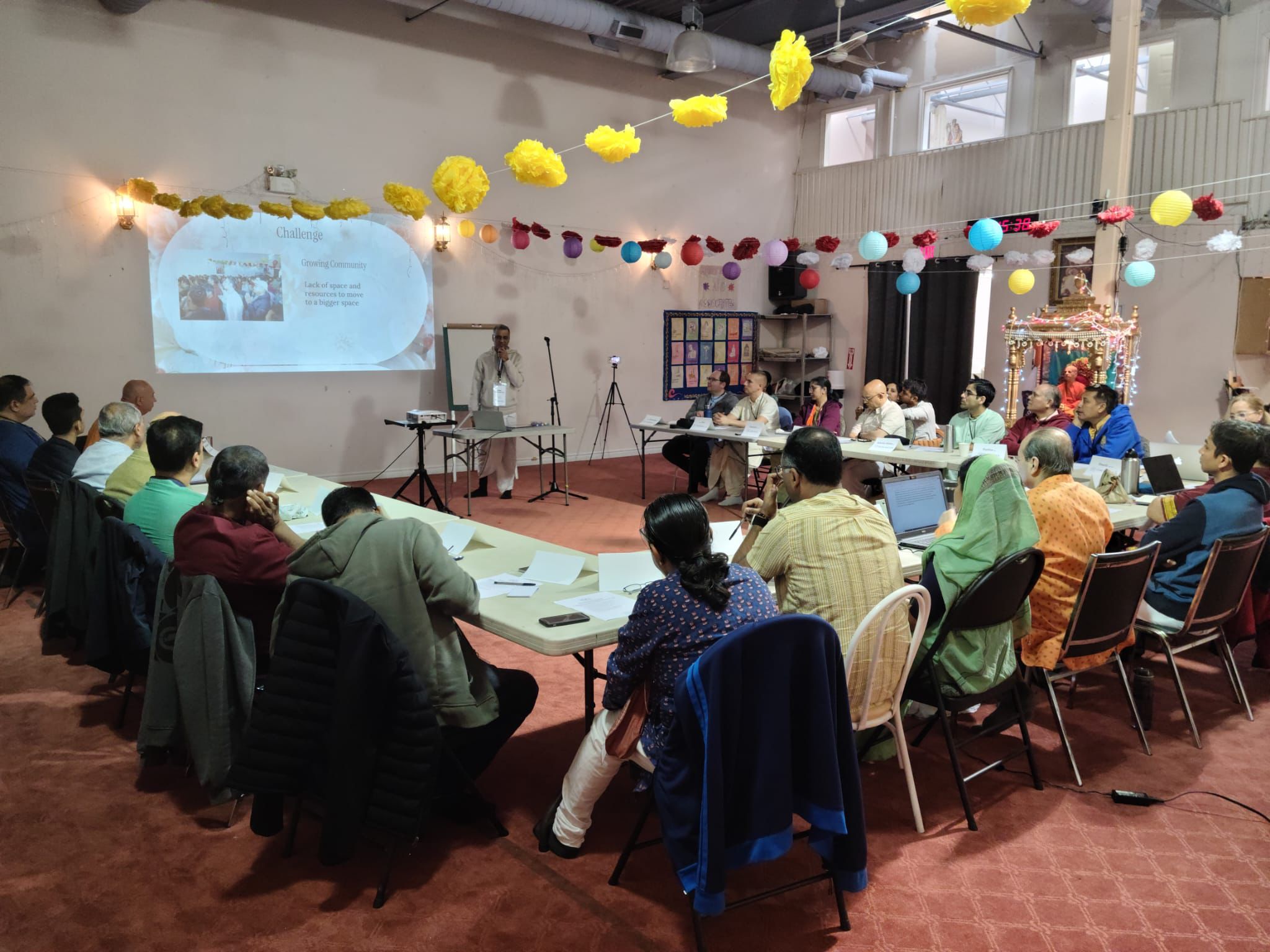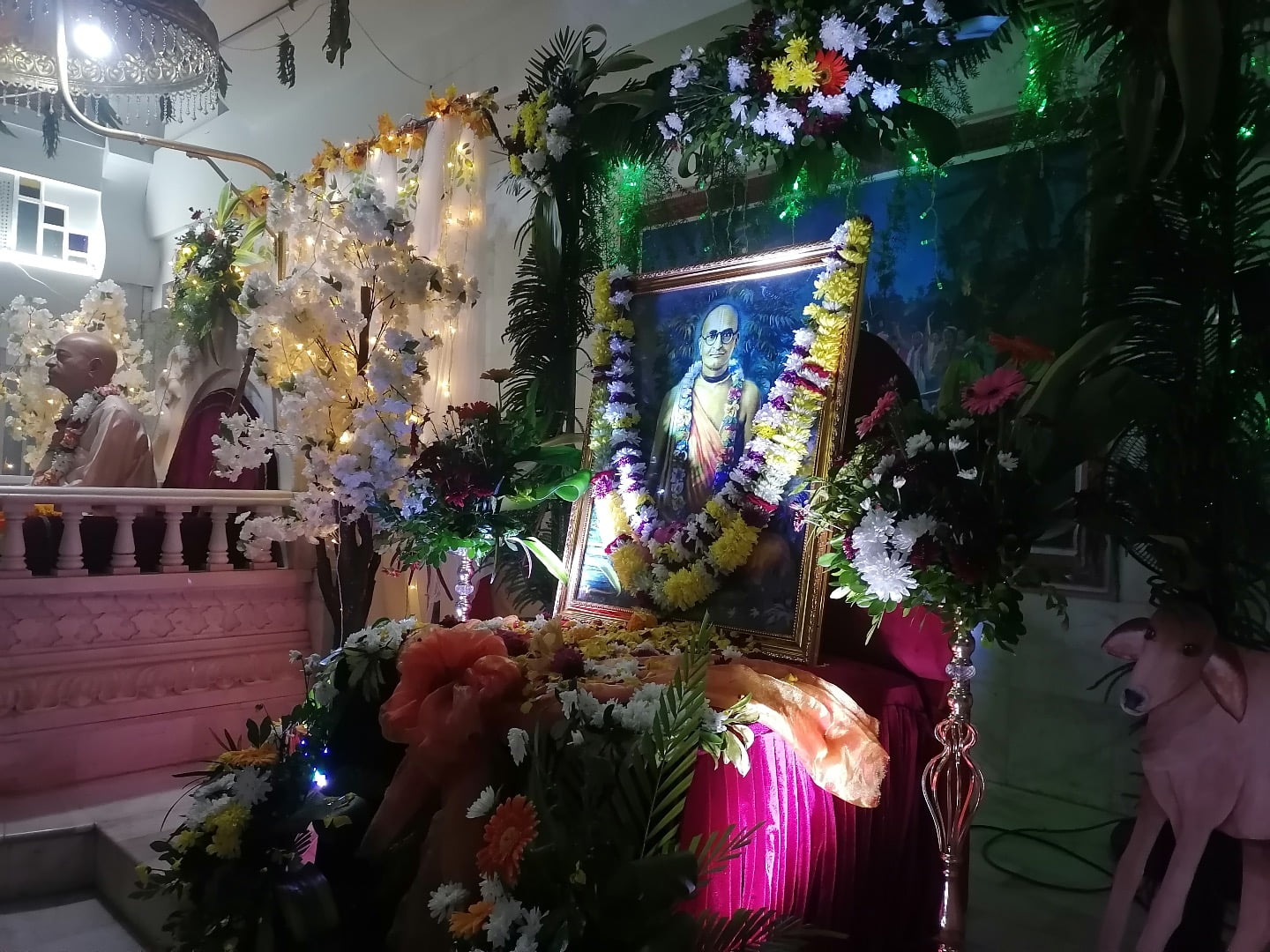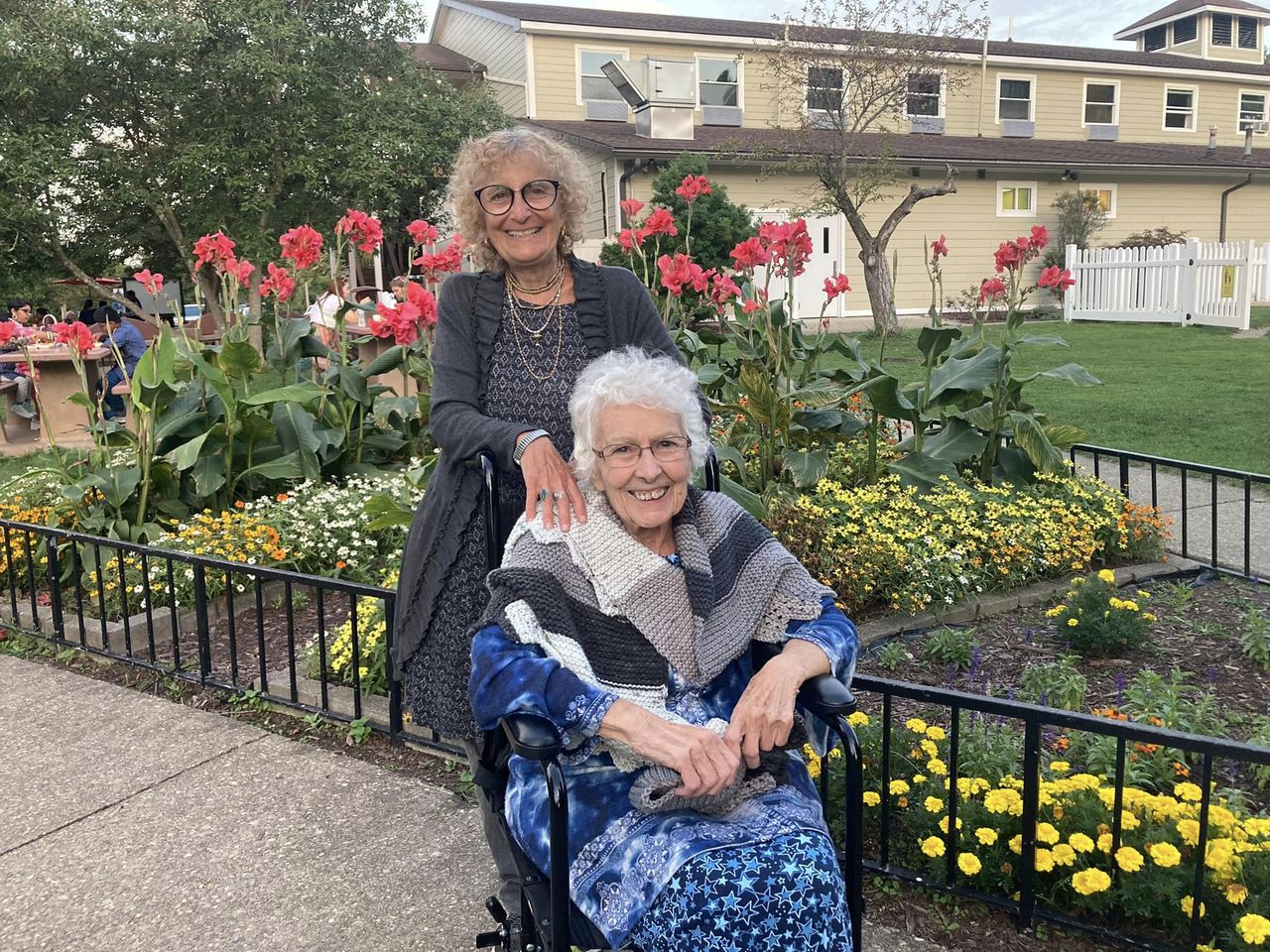Inclusivity, My Story
By Sesa Das | Jan 29, 2021
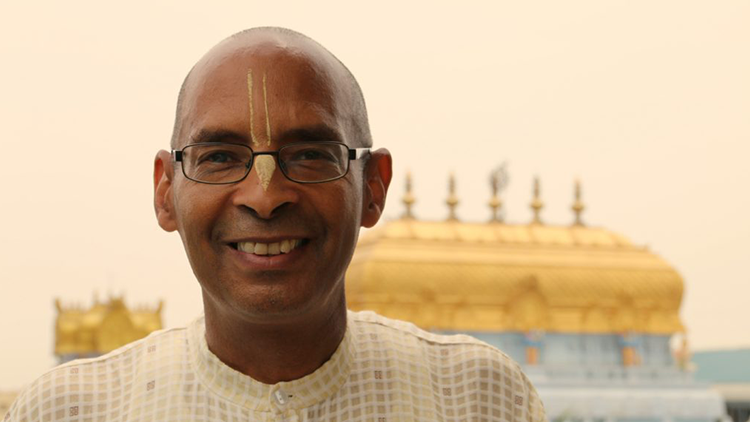
Generally, in speech, writing, and thought, devotees of Krishna do not place much emphasis on bodily identification. The rationale is that avoidance of seeing ourselves and others in terms of the body helps to free our true self, the spirit soul currently encaged within the temporary body, from the constraints and miseries associated with the body, as well as freedom from entanglement with children, wife, home and the rest. While I agree with this rationale as a springboard to reviving our spiritual existence, I also understand that it can have alienating consequences for the neophyte devotee who is quickly separated from all that was familiar to him or her. In this writer’s opinion, alienation is not our goal. Rather, in the International Society for Krishna Consciousness (ISKCON), including others, caring for them, and bringing them into our fold is both a more effective way to grow our spirituality, and an essential element of our own salvation.
One of the greatest teachers of the past that continues to inform the teachings and spiritual practices of ISKCON today, Srila Bhaktivinode Thakur, envisioned inclusivity not alienation based on bodily identification. In 1882 Bhaktivinoda stated in his Sajjana-toshani magazine a coveted vision of universalism and brotherhood across borders and races:
“When in England, France, Russia, Prussia, and America all fortunate persons by taking up kholas [drums] and karatalas [cymbals] will take the name of Chaitanya Mahaprabhu again and again in their own countries, and raise the waves of sankirtana [congregational singing of Krishna’s names], when will that day come! Oh! When will the day come when the white-skinned British people will speak the glory of Shachinandana [another name of Chaitanya] on one side and on the other and with this call spread their arms to embrace devotees from other countries in brotherhood, when will that day come!
The world is moving toward inclusivity. If ISKCON’s primary objective remains to spread the chanting of Krishna’s Holy Name in every town and village of the world, then we need to pay attention to where the world is headed.
Over the last week to ten days current world events, focused on the body though they may be, have helped me recall how my story has been shaped in both spiritual and material ways through inclusivity.
January 18, 2021, Martin Luther King Day
Remembering Black America’s significant ties with India. Martin Luther King travelled to India in 1959, spending 6 weeks touring the country. In doing so King was perhaps the first Black American to act on the world stage, meeting with high-ranking members of government and leaders of social movements, including Prime Minister Nehru and independence movement leader Vinoba Bhave. And, on a more personal note reflecting his favorable reception, there are photographs of King’s wife, Coretta, comfortably dressed in a fancy silk sari, the traditional Indian dress.
Of his journey King said, “To other countries I may go as a tourist, but to India I come as a pilgrim.” This reference to India’s spirituality always gave me the impression that King was welcomed with a sense of inclusivity. In my story this sense of inclusivity came to mean that yes, the people of India are ready to accept me in my pursuit of Krishna Consciousness.
January 20, 2021, Inauguration of Kamala Devi Harris as Vice-President of the United States
Being the first is something Kamala Harris probably has done quite often in her life, and a feat she will probably repeat many times over the years to come. During her inauguration ceremony the 3 most important firsts in her life were repeated again and again: First Woman, First Black American, and First Asian American. Talk about inclusivity! Such firsts give literally millions of people around the world the feeling, perhaps for the first time, that they can be achievers, that they belong.
My story here is that I have two daughters, also born of a Black father and Asian Indian mother. Countless times while they were growing up, I was concerned how they would be accepted. There just were not a lot of similarly composed role models out there. Would they be hampered by their bodily identity; how would they successfully walk the tightrope of two widely different cultural backgrounds.
Family inclusivity from both sides helped. In their college application essays both girls wrote of their cross-cultural experience of being comfortable enough “in their skin” to move between backyard cookouts and incense filled temples in India.
By the way, there are also photographs of a young Kamala Harris dressed in a sari during a family trip to South India. Will one of her future firsts be that she becomes the first sitting US Vice President to wear a sari?
January 26, 2021, India Republic Day
Mr. O.P. Aggawal was a career diplomat for the Government of India. He is now retired after serving for decades at Indian Diplomatic Posts in Italy, Ireland, Denmark, Zambia, Libya, Iran, and Pakistan. Traveling, working, and living all over the world definitely opens your mind in many ways, but there are some things which you are never prepared for. The day I telephoned Mr. Aggarwal to inform him that I, a Black American, was going to marry his daughter at the Hare Krishna temple she had run away to join, all he could say was no, no, no. Thus, began a relationship that has lasted for nearly 40 years.
Sometimes inclusivity is not automatic, but rather must be approached as a work in progress. To be successful one must at least be willing to give the relationship time. Fortunately, my father-in-law was not only open to give time, but was he was willing to invest his heart. With this orientation, Daddy Ji and I have lovingly worked through our initial rocking start and have achieved meaningful inclusivity.
Today Daddy Ji, formerly an Arya Samaj follower (they do not believe in the Deity forms), spends his day chanting Hare Krishna as per the instructions I have given him (he calls me Guru Ji), reading Bhagavad Gita, and taking great joy in writing Urdu poetry describing the sweetness of Sri Krishna.
Inclusivity works wonders.
It is said of Srila Prabhupada that “He Built a House in Which the Whole World Can Live.” My story is just one of the many stories of inclusivity told by the residents of that house.
What’s your story?
* * *
Sesa Dasa joined ISKCON in 1973 and was initiated by Srila Prabhupada in 1974 while he was traveling as a member of the initial Bhaktivedanta Book Trust library party. He attended the United States Military Academy and later received a degree in political science from the State University of New York, Albany. In 1991 he earned a Juris Doctor degree from the UCLA School of Law. He is a member of several ISKCON GBC committees.





